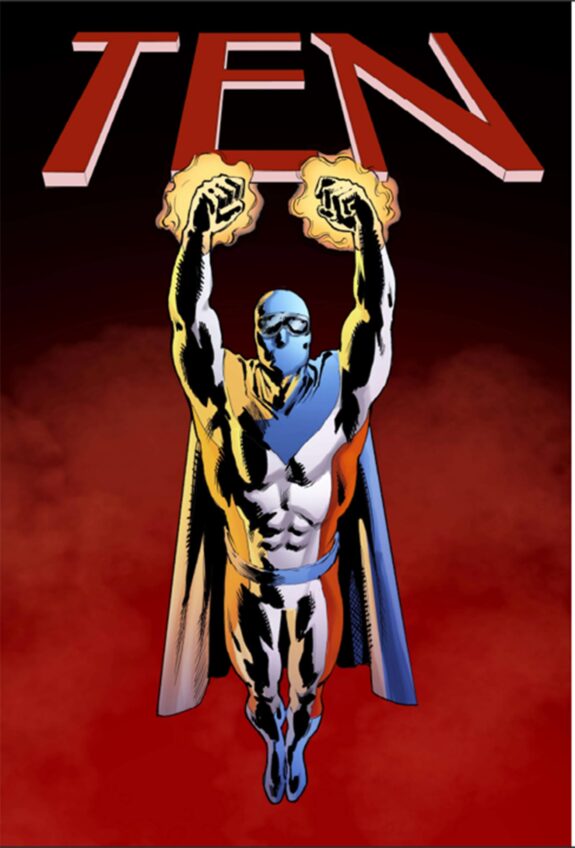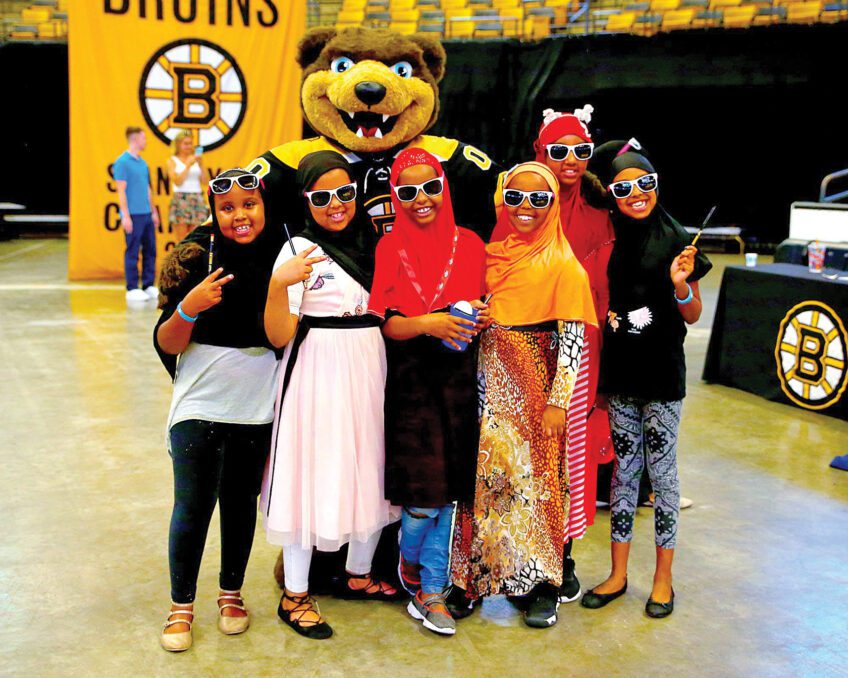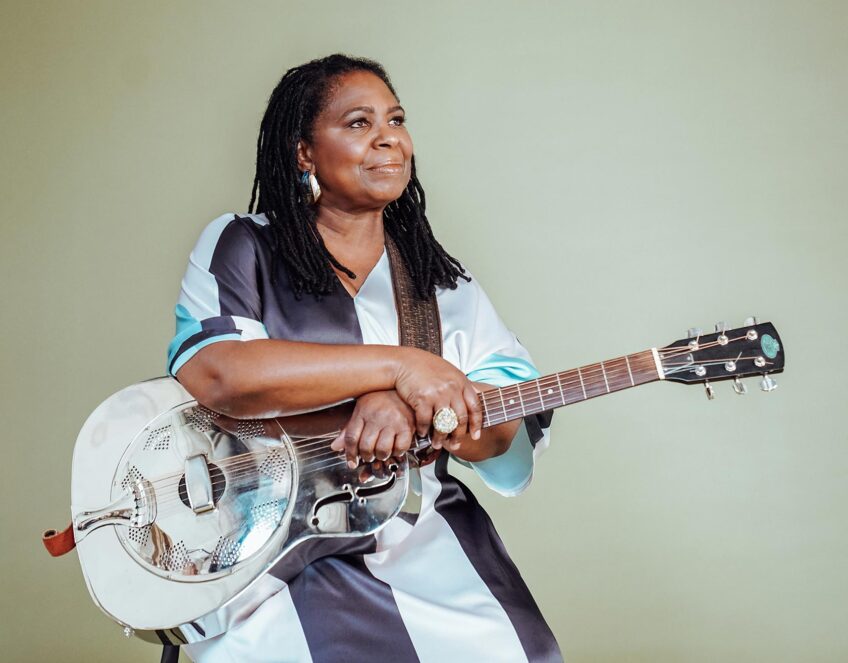
Four songs into Company One’s production of the Stephen Sondheim musical “Assassins,” Charles Guiteau (played by James Mahoney) ruminates on the gun he holds in his hand.
“What a wonder is a gun!” exclaims Guiteau, who shot James Garfield in 1881, wandering up the stairs of the BCA Plaza Theatre and into the seats. “What a versatile invention!”
“First of all, when you’ve a gun,” he continues, his eyes narrowing as he points the gun directly at his audience, “everybody pays attention.”
There are a lot of reasons to pay attention to “Assassins,” perhaps most obviously because in the run-up to the November elections, its portrayal of nine individuals who attempted to assassinate an American president lends itself to discussions about the office of the president and the nature of a democracy.
The musical ascribes to each assassin a particular motive or set of motives. John Wilkes Booth (David DaCosta, sporting his best Southern accent) tells us that Abraham Lincoln deserved to die because he tyrannically incited a civil war and so “threw the U out of U.S.A.” The narrating Balladeer (Boston native Nik Walker), on the other hand, suggests that thespian Booth was also reacting to “bad reviews.”
To explain why he tried to kill Franklin Delano Roosevelt, the chronically ill Giuseppe Zangara (Emerson student Blake Pfeil), who suffered from severe abdominal pain, angrily blames “the bosses for making my belly burn.”
Lynette Fromme (Company One newcomer McCaela Donovan), a Charles Manson devotee who aimed an unarmed gun at Gerald Ford, declares that she “did it to make them listen to Charlie.”
The ostensible goal of such character exploration seems to be to inspire if not sympathy, then at least inquiry about what separates an innocuous citizen from a treasonous killer. Uniting all nine assassins is a belief in core American ideals: individualism and equal opportunity.
“Everybody’s got the right to be different,” they sing. “Everybody’s got the right to their dreams.”
But as the Balladeer points out as he questions Booth, differences can set dangerous precedents, and legacies often veer starkly from the dreams that prompted them.
“Why did you do it, Johnny? Nobody agrees. What made you bring a nation to its knees?” the Balladeer demands. “You paved the way for other madmen to make us pay … while Lincoln, who got mixed reviews, because of you now gets only raves.”







